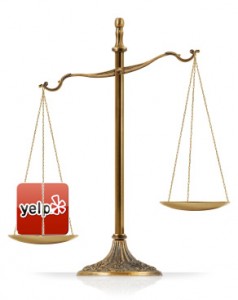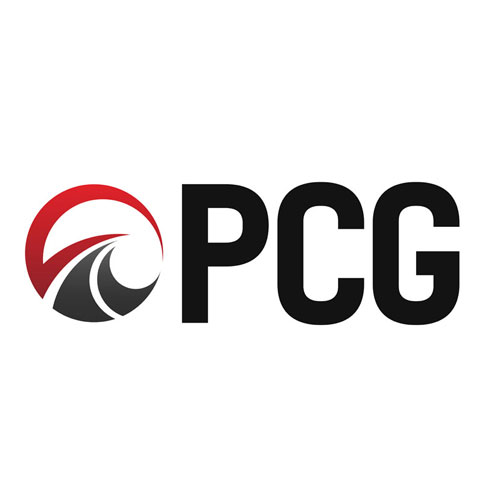 Think about your profit margin from last year. Got it? Good….now slash that by 30%. Think about the number of customers you had last year, cut that by one third as well. Not happy, are you? Neither was Joe Hadeed, owner of a carpet cleaning service in Virginia, when it happened to him.
Think about your profit margin from last year. Got it? Good….now slash that by 30%. Think about the number of customers you had last year, cut that by one third as well. Not happy, are you? Neither was Joe Hadeed, owner of a carpet cleaning service in Virginia, when it happened to him.
The problems started for Mr. Hadeed early in 2012 when a flood of negative reviews were posted against his company’s Yelp profile. Haheed had previously very positive reviews, and his company was flourishing. Now, in the wake of lost profits, he had to let go of 80 employees and reduce his fleet of trucks by 10%.
Hadeed contends that at least seven of those negative reviews are not legitimate. He has been unable to reconcile the descriptions or locations of the transactions with any of his business records. Some reviews were coming from areas of the country where he doesn’t do business at all.
So who are these reviewers, where did they come from, and why? Joe’s questions have been stonewalled by Yelp, who guarantees complete anonymity to all of its reviewers. Hadeed took Yelp to court over this issue, asking specifically for Yelp to turn over the names of those that are deliberately hurting his business.
The Freedom to Review Anonymously
The Virginia Circuit Court sided with Hadeed, holding Yelp in contempt for not releasing the names. Yelp appealed this decision, but the Virginia Court of Appeals upheld the lower court’s ruling. Now, Yelp is bringing the case before the Virginia Supreme Court, claiming a First Amendment right to protect the reviewers’ identity.
What this case may come down to, is a challenge to Virginia’s Shield Laws. Shield laws are a series of statutes at the state level, (there is no Federal Level Shield Law yet), that protect a journalist from having to reveal her/her sources. The legal definition of ‘journalist’ has had to be redefined since our Founding Fathers first laid out The First Amendment. The proliferation of digital media, and the ability for just about everyone to be able to report ‘news’, has left states scrambling to identify who has protection and who does not. Historically, by definition, a journalist has to be affiliated with a traditional news outlet, like CNN or ABC. Both Colorado and New Jersey have, in recent years, given Shield Law protection to amateur or non-professional bloggers as well – a trend which will only increase with time.
Will the State Supreme Court of Virginia be convinced, however, that an online review service such as Yelp, meets the same criteria of a journalistic source and therefor be granted the same protection under the law?
On the other side of the courtroom sits Joe Hadeed, a man facing great financial hardship and a severely tarnished reputation due to a small handful of anonymous reviewers. Does he not have the right to face his accusers openly? To address the grievances and, most importantly, completely discount them if they’re proven to be fraudulent?
What This Means for Your Business
With this legal battle raging in Virginia, now would be an excellent time to look at your own company’s reviews in Yelp, Google, and any other review sites that are relevant to you and your reviewers. How many positive reviews do you have? Is that enough of a buffer against an IRM (Internet Reputation Management) attack? Seven bad reviews cost Hadeed $3 million, could you survive that?
Joe didn’t see this coming – will you?
Get in touch with us here at PCG to go over a comprehensive IRM strategy to protect your business online.
